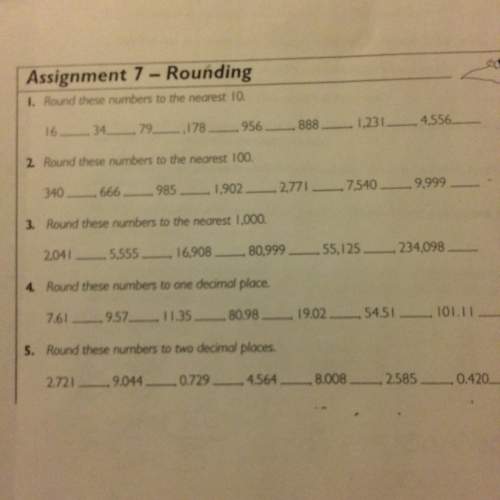
Mathematics, 28.08.2019 21:10 keylor97
Is it true that for every nfa m = (q, σ, δ, q0, f), the complement of l (m) is equal to the set {w ∈ σ* : δ* (q0, w) ∩ (q − f) ≠ ∅}? if so, prove it; if not, give a counterexample.

Answers: 3


Another question on Mathematics

Mathematics, 21.06.2019 13:20
Figure abcd is a parallelogram. if point c lies on the line x = 2, what is the y-value of point c
Answers: 2

Mathematics, 21.06.2019 18:30
Two cyclists 84 miles apart start riding toward each other at the same. one cycles 2 times as fast as the other. if they meet 4 hours later, what is the speed (in mi/h) of the faster cyclist?
Answers: 1


Mathematics, 21.06.2019 22:00
`if you have a set of parallel lines a and b cut by transversal x, if angle 1 = 167 degrees, what is angle 4 and why. also what is the measure of angle 5 and why? you need to use the names of the angle relationship and explain. ''.
Answers: 3
You know the right answer?
Is it true that for every nfa m = (q, σ, δ, q0, f), the complement of l (m) is equal to the set {w ∈...
Questions



Mathematics, 19.09.2019 21:00







Mathematics, 19.09.2019 21:00


History, 19.09.2019 21:00








Business, 19.09.2019 21:00




